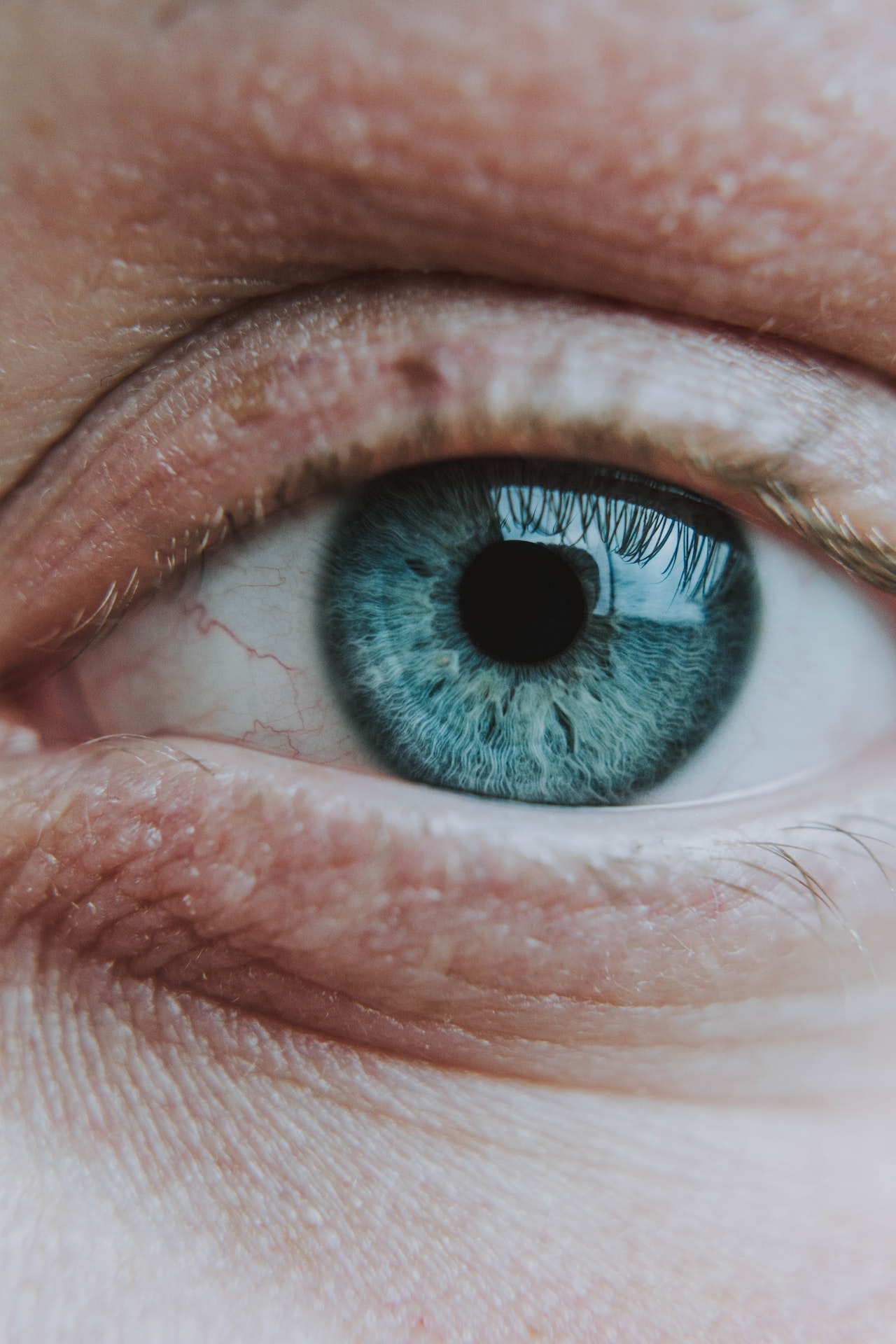One of the most common problems that people experience is vision loss. This can be due to a wide variety of causes, from age-related macular degeneration to glaucoma. In this blog post, we will explore which eye diseases cause blindness and what you can do to prevent them. We will also provide tips for early detection and treatment so that you can restore your vision as soon as possible.
The different types of eye diseases that can cause blindness
There are many different eye diseases that can cause blindness. Some of the most common causes of blindness are age-related macular degeneration (AMD), diabetic retinopathy, and cataracts. Other causes of blindness include a variety of infections, tumours, and birth defects. It is important to know which eye disease is causing your vision problems so that you can get treatment as soon as possible.
One of the most common causes of blindness in adults is age-related macular degeneration (AMD). This condition slowly destroys the central part of your retina, which becomes less able to see properly. Symptoms may not appear until years after the damage has been done, and there is no known cure at this time. If you are concerned about your vision or if you experience any changes in your vision, it is important to see a doctor as soon as possible.
Diabetic retinopathy is another common cause of blindness in adults. This condition affects the blood vessels near the eyes, leading to leakage and loss of sight. If left untreated, diabetic retinopathy can lead to total blindness. Treatment involves early diagnosis and intervention, including surgery to remove excess blood and prevent further damage to the eye.
Cataracts are another major cause of blindness in adults. This condition occurs when tiny pieces of protein build up inside your eye’s lens over time. The buildup eventually blocks light from reaching your retina, causing partial or total blindness.
Read more: Sanpaku Eyes Curse
Symptoms of eye diseases that can cause blindness
There are a number of eye diseases that can cause blindness. Here are four of the most common:
1. Macular degeneration is the leading cause of blindness in adults over the age of 50. It causes the central part of your vision to deteriorate, eventually leading to complete blindness.
2. Glaucoma is a condition in which increased pressure inside your eye damages the lenses and optic nerve. If left untreated, glaucoma can lead to total blindness.
3. Cataracts are a type of eye disease that results in cloudy or opaque lenses in your eyes. If left untreated, cataracts can lead to blindness.
4. Diabetes mellitus is a common multifactorial disease that affects blood sugar levels and can also damage the eyesight, particularly if diabetes is poorly controlled.
There are a number of different eye diseases that can cause blindness. Some of the most common causes of blindness are age-related macular degeneration, retinitis pigmentosa, and glaucoma. Other causes of blindness include infections such as uveitis, cataracts, and choroidal neovascularization. Each individual’s symptoms and progression will vary, but in most cases there is a gradual loss of vision that can progress quickly if not treated.
If you are experiencing any changes in your vision or if you notice any redness or swelling in your eyes, it is important to visit an eye doctor as soon as possible. There are many different treatments available for different types of blindness, and often times early treatment is the best option.
Treatment for eye diseases that can cause blindness
There are many eye diseases that can cause blindness. Some of the most common are age-related macular degeneration (AMD), retinitis pimentos, and diabetic eye disease. Treatment for each individual case depends on the specific condition, but often involves surgery to remove the damaged parts of the eye. In some cases, medication or eyeglasses may be sufficient to improve vision.
There are a number of eye diseases that can cause blindness. Some of the more common causes of blindness are age-related macular degeneration, glaucoma, and retinitis pigmentosa. There is no one cure for these diseases, but treatments typically involve surgery, medication, or both. In some cases, treatment may also involve restoring vision with implants or prosthetic devices.
If you are concerned that you or someone you know may have one of these eye diseases, it is important to seek out expert help. Your doctor can perform a comprehensive exam to determine which type of blindness you are at risk for and recommend the most appropriate course of treatment.
Read more: Sanpaku Eyes Curse
Prevention of eye diseases that can cause blindness
There are many different eye diseases that can cause blindness. The most common causes of blindness in adults are age-related macular degeneration (AMD), diabetic retinopathy, and glaucoma. However, there are also several rarer causes of blindness, including certain types of cancer and inherited eye diseases.
It is important to prevent any form of eye disease from causing blindness by getting regular check-ups and treatment if needed. Here are some tips for preventing eye diseases that can cause blindness:
• Keep your eyes healthy by avoiding excessive sun exposure, smoking, and drinking alcohol excessively.
• Be aware of the early signs of AMD. If you or someone you know is experiencing difficulty seeing in one or both eyes, see a doctor right away.
• Get screened for diabetes regularly and if you have symptoms such as vision changes, unexplained weight gain, nausea or vomiting, fatigue, or unusual infections, see a doctor. Diabetes can lead to serious complications such as heart disease and stroke.
• Make sure to get regular check-ups for glaucoma. If left untreated, this condition can eventually lead to permanent blindness.
Conclusion
blindness can occur due to many different eye diseases, but it is important to know the most common causes so that you can take the appropriate steps to prevent it. By learning about the various types of blindness and how they are caused, you can put in place some preventive measures and help ensure that your vision stays strong for as long as possible.





